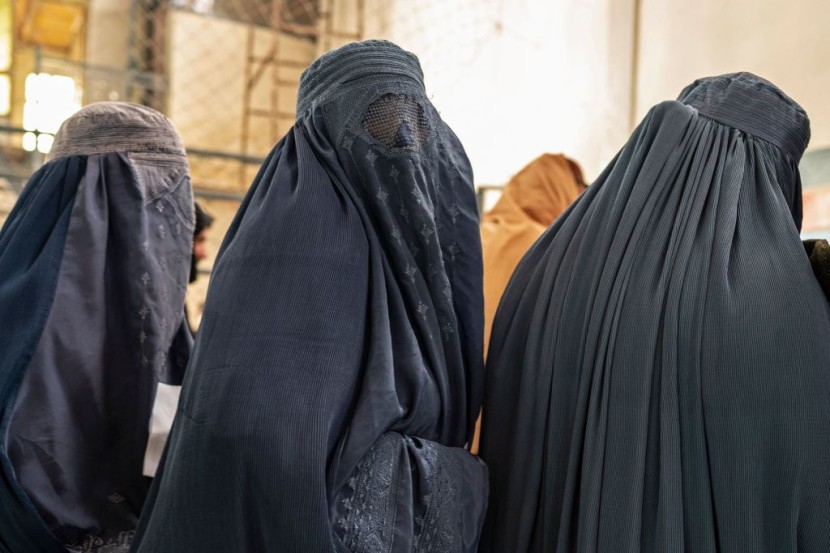The United Nations-commissioned independent assessment of Afghanistan has established a correlation between the Taliban government's legitimacy and its adherence to international treaty obligations, specifically those pertaining to the education and employment rights of women, as per to Voice of America.
The draft report, obtained by VOA, underscores the crucial role of Afghan women in any formal reintegration of Afghanistan into the global community.
Afghan Women's Role in Gender Equality, Rights

It emphasizes that the participation and leadership of Afghan women are essential, signaling a commitment to gender equality and human rights in the country.
The assessment was commissioned in March via a Security Council resolution, which requested UN Secretary-General Antonio Guterres to provide "forward-looking recommendations" for a coherent international approach to the crisis in Taliban-governed Afghanistan.
Feridun Sinirlioglu, a former Turkish government official, was appointed the special coordinator to lead the mission. He conducted on-ground assessments with Taliban leaders, Afghan stakeholders abroad, and regional and international actors.
A central concern highlighted in the report is the plight of women and girls in Afghanistan, particularly the severe restrictions on girls' education.
This issue was brought up consistently during consultations with various stakeholders, including Afghan women, the business community, religious clerics, tribal elders, civil society, health and education professionals, and even representatives of the de facto Taliban authorities.
Amna Mohammed, speaking at an Organization of Islamic Cooperation meeting in Jeddah, Saudi Arabia, expressed concerns about the situation of women in Afghanistan. She called for the urgent removal of restrictions imposed by the Taliban administration.
Roza Otunbayeva, the head of the UN Assistance Mission in Afghanistan (UNAMA), also addressed the issue at the conference, advocating for a global consensus to handle legal matters concerning women's rights in Afghanistan, according to Khaama Press.
Afghan Women's Rights and Concerns
Otunbayeva highlighted the significant percentage of women who believe recognition should only occur after the lifting of restrictions on women's education, employment, and participation in government.
However, women's rights activists argue that the responses from the United Nations and Islamic countries have mainly been declarative and have not led to tangible results in safeguarding the rights of Afghan women.
Soraya Paikan, a women's rights activist, pointed out that the reactions from the United Nations and Islamic countries have not translated into meaningful actions to protect the rights of Afghan women.
Over the past two years, since the Taliban came to power, more than 50 decrees against women's freedoms have been issued in Afghanistan. These decrees have restricted women's lives, including education and employment opportunities.
Despite the concerns raised internationally, the Islamic Emirate, as the Taliban refer to themselves, maintains that women's rights in Afghanistan are preserved within the framework of Islamic law.
While the international community grapples with the situation in Afghanistan, another crisis unfolds in neighboring Pakistan. Pakistani authorities have intensified efforts to crack down on migrants, leading to midnight raids on people's homes and the detention of Afghan families, including women and children.
This crackdown follows a recent exodus of over 250,000 Afghans from Pakistan after the government set an October 31 deadline for migrants without legal status to leave voluntarily.
The impact of these expulsions is disproportionately borne by Afghans, who constitute the majority of foreign nationals residing in Pakistan.
Human rights lawyer Moniza Kakar reported that police in Sindh province have been conducting midnight raids, detaining Afghan families, including women and children. Even those with documentation face the constant threat of detention, forcing many Afghans to confine themselves to their homes.
Pakistan's approach has been criticized for its lack of a comprehensive mechanism to address the complex issues of refugees, asylum-seekers, and migrants without proper documentation, despite hosting millions of Afghans for four decades.
While these situations continue to evolve, Afghanistan and its neighboring countries grapple with many challenges, adding to the perplexity and burstiness of an already complex region, First Post reported.









